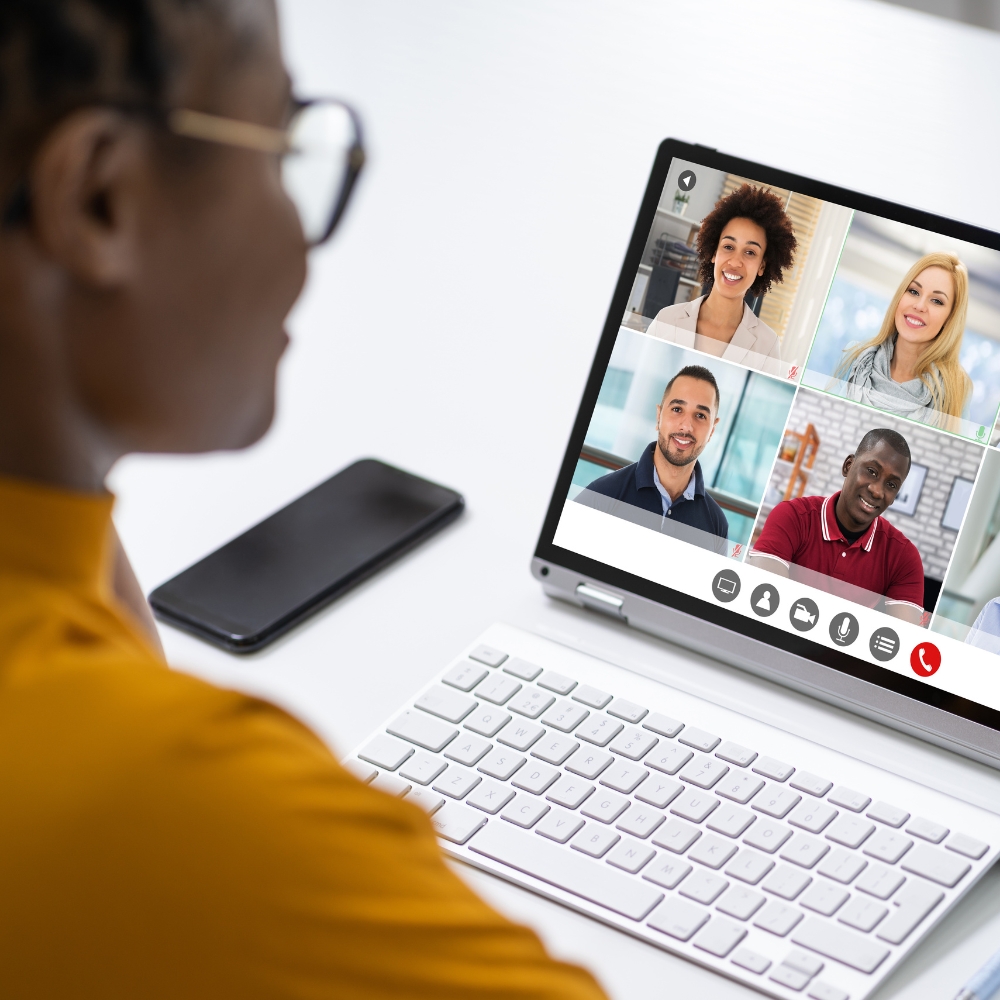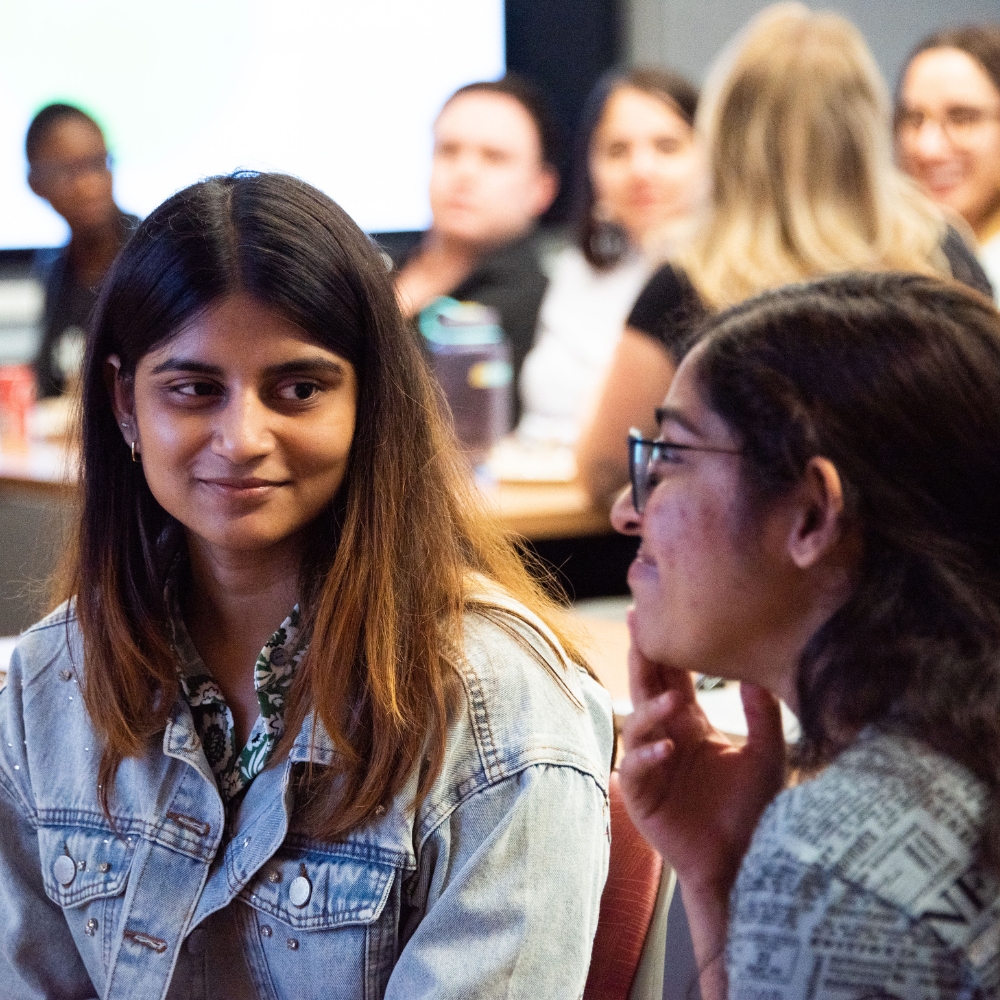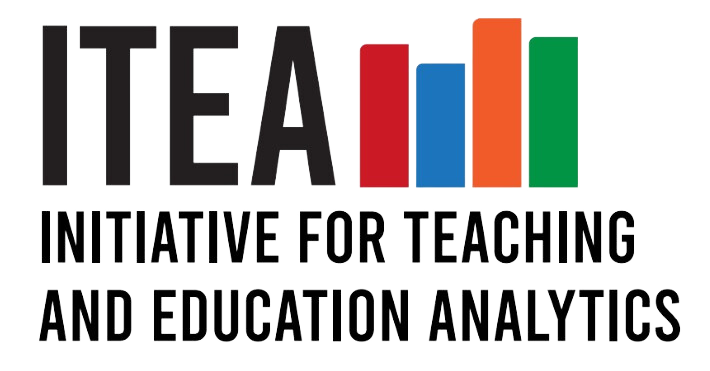Data-Informed Digital Pedagogy
A third of all students in the U.S. now take at least one online course. While video has emerged as a dominant medium for online education, low student engagement is still a challenge. Our education analytics efforts utilize data to understand student learning and help customize delivery, creating more effective and equitable education for all.
Projects
cognitive Load in Educational Videos and Academic Performance

This study looks at the relationships between the cognitive load that students are exposed to when they watch educational videos and their performance in post-quizzes on the materials covered in the videos. We then estimate the relationship between cognitive load and academic performance to understand how managing the cognitive load of educational videos can improve academic outcomes.
Faculty team:
Effect of smartphones in classroom on student performance

This study in a vocational school in China highlights the advantages of allowing smartphones into classrooms when teachers ask students to use devices to assist instruction. We conducted several randomized experiments to analyze how students split their time between learning and distraction on the smartphones and how this tradeoff directly affects their academic performance. [draft paper]
Faculty team:
Effect of Wifi connectivity on campus on student performance

This study examines how the introduction of wifi on campus affects the performance of students. We use detailed data from a Portuguese engineering university on wifi usage and academic performance. This study also investigates the impact of "peers" on educational outcomes, using location of wifi usage on campus as an indicator for "peer" influence. [draft paper]
Faculty team:
Summarizing Educational Videos TO IMPROVE LEARNING EFFICIENCY

The goal of this project is to explore whether one can summarize educational videos by providing students with insights on which segments their peers have watched and how they performed on knowledge tests. By harnessing the power of collective learning, we aim to enhance student understanding and engagement with educational content.
Faculty team:
Development of AN ONLINE PLATFORM TO HOST EDUCATIONAL VIDEOS

Kooledge is an online platform designed to host educational videos and use machine learning to recommend videos to students. It enables the implementation of randomized control trials to examine the impact of videos on learning outcomes, career and job progression. The project is currently in the final stages of technical development.
Faculty team:
https://www.linkedin.com/in/yangfan-liang-5895a177/Using ChatGPT to Improve Learning OUTCOMES

The objective of this project is to examine the role of ChatGPT as a learning tool by comparing the performance of students in knowledge tests under two conditions: one where they are prohibited from using ChatGPT and another where its usage is encouraged. We are currently developing a platform to record and analyze all interactions with ChatGPT, employing text mining techniques to understand how the learning process is influenced by its presence.
Faculty team:
THE EFFECT OF Instructor Personality in Online Education

We examine the OCEAN personality traits of educators to unlock a treasure trove of insights on how these traits influence the popularity of their videos, measured by likes and views. Analyzing a vast dataset from platforms like YouTube and Crash Course, we discover the personality traits that hold the key to predicting success. Notably, the impact of these traits differs between man and woman instructors [draft paper].
Faculty team:
Yangfan Liang
Mi Zhou
Michael Smith
Pedro Ferreira
Can Student Faces Tell Learning?

We investigate the feasibility of predicting learning outcomes from the facil expressions of students while they engage with instructional videos or participate in remote sessions. The potential application of real-time facial expression analysis could enhance the personalization of educational sessions. Data for this study comes from several executive education sessions held in Lisbon, Portugal.
Faculty team:
Improving Learning by Matching Professors to Students

Building on our prior study in the Journal of Marketing Research, this project utilizes a richer dataset on learning outcomes and student characteristics at Outlier. Our objective is to predict learning outcomes based on video characteristics and students demographics and find whether instructor demographic characteristics, such as race and gender, impact learning outcomes for students who share those same characteristics. [prior study soon]
Faculty team:
Face-to-face vs. online

We seek to examine the impact of providing preparatory courses in statistics and math to Heinz College students through two distinct methods: face-to-face instruction, utilizing an existing summer course, and remote instruction over the Internet. The objective is to track students over time and document any differential effects that may arise.
Faculty team:
